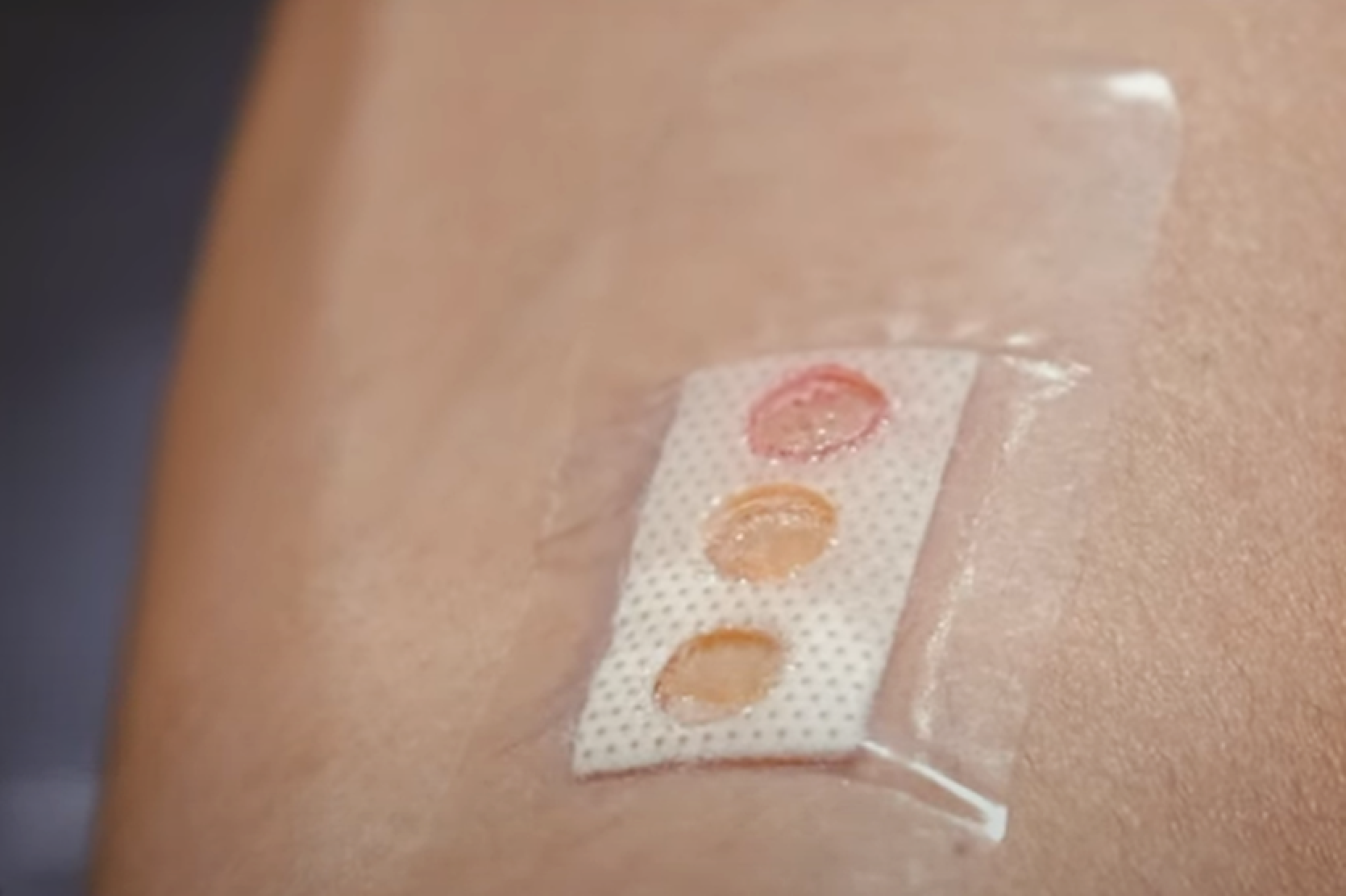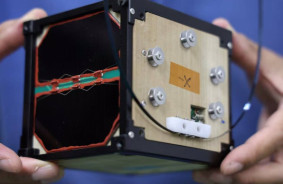0 0 5 0
Researchers from Nanyang Technological University, Singapore (NTU Singapore) have developed an innovative laser patch that can track important health indicators through human sweat. This innovation promises a non-invasive and efficient method of monitoring health for patients with diabetes and others.
Human sweat contains valuable biomarkers such as glucose, lactate, and urea, which can provide important information about various health conditions. Traditionally, patients with diabetes have relied on invasive methods such as blood analysis from a finger to monitor blood glucose levels—a process that can be painful and inconvenient. Wearable devices are also available, but they have drawbacks: high cost and discomfort from prolonged skin contact.
The NTU research group, led by Associate Professor Chen Yu-Chen from the School of Electrical and Electronic Engineering (EEE), integrated micro-laser technology into a soft hydrogel film, creating a flexible and compact sensor device similar to a patch. It can quickly and accurately determine the level of biomarkers in sweat and provide continuous monitoring of health status without invasive procedures.
The new NTU team device is part of the NTU 2025 plan to implement cutting-edge research for the benefit of society. This patch uses tiny lasers in liquid crystal drops to detect specific health markers. Colored dots on the patch represent glucose, lactate, and urea, allowing the device to monitor all substances simultaneously.
During in vivo experiments, the patch demonstrated remarkable sensitivity, detecting tiny changes in biomarker levels as small as 0.001 mm, which is 100 times better than existing technologies. This precision allows for accurate monitoring of biomarkers and provides a detailed picture of the user's health, covering both low and high levels.
“Our device is capable of detecting both high and low ranges of biomarker levels. This is particularly useful for patients with diabetes, as existing health monitoring devices focus on tracking only high, not abnormal or low levels of glucose, which indicate other health complications,” says Ni Ninyuan, Ph.D. candidate and first author of the study.
The research group aims to expand the device's capabilities to detect additional substances such as drugs and other chemical compounds present in sweat. The study is detailed in the journal Analytical Chemistry.
Sources: NTU, Medical Express.














Comments (0)
There are no comments for now